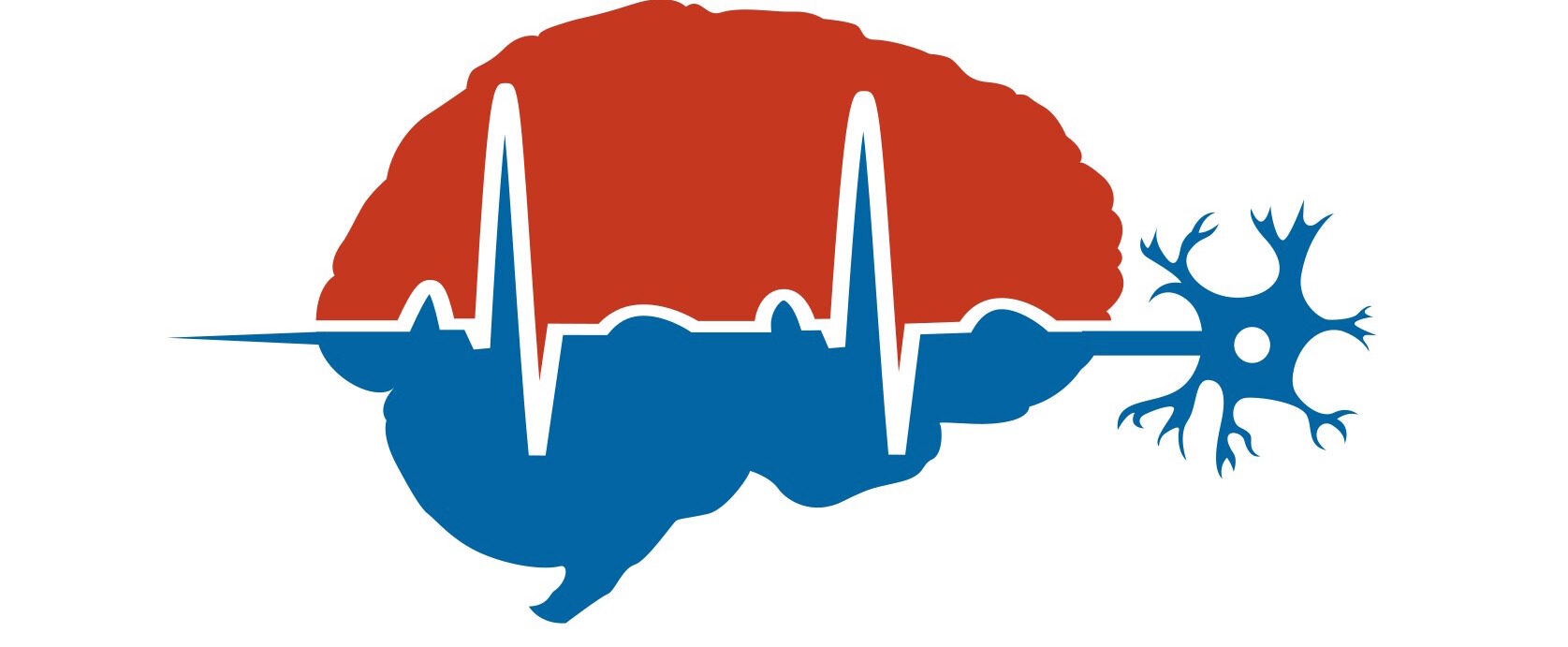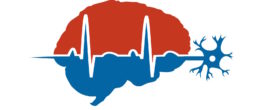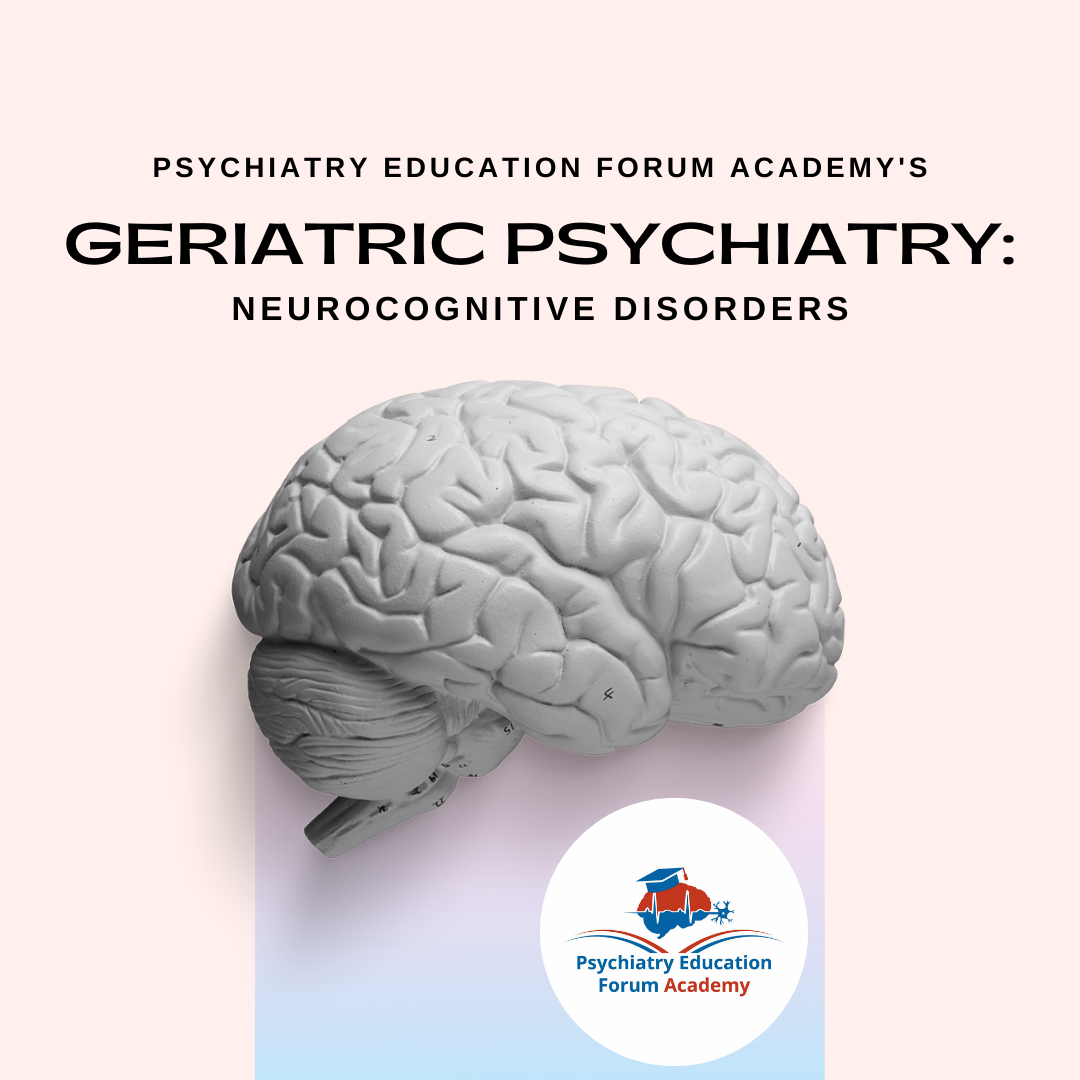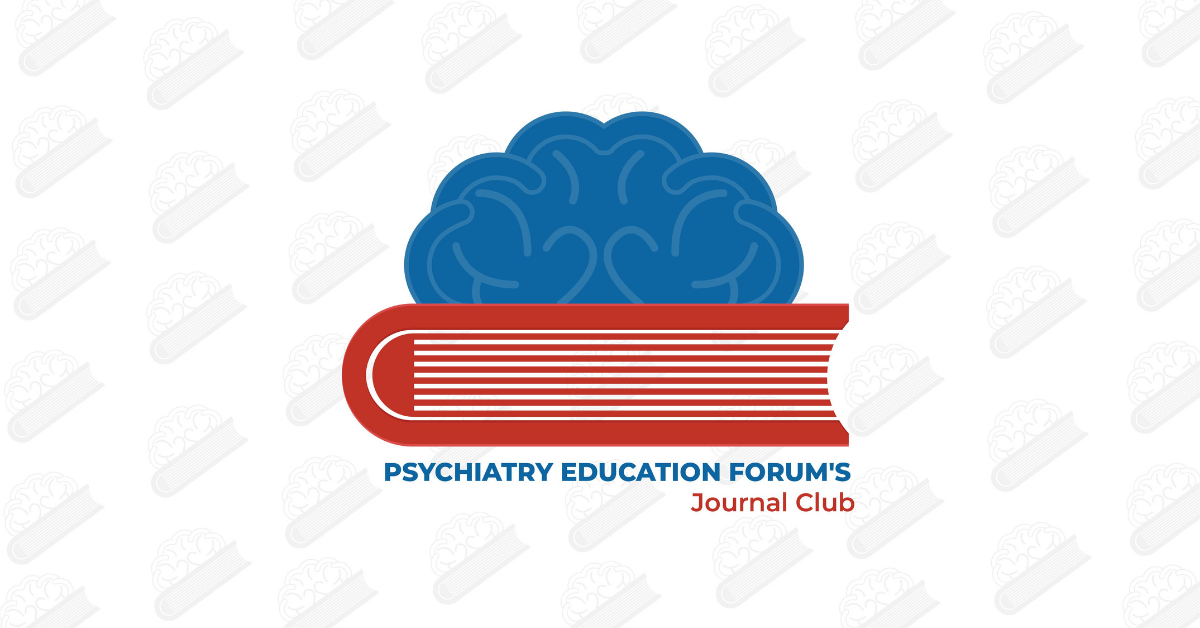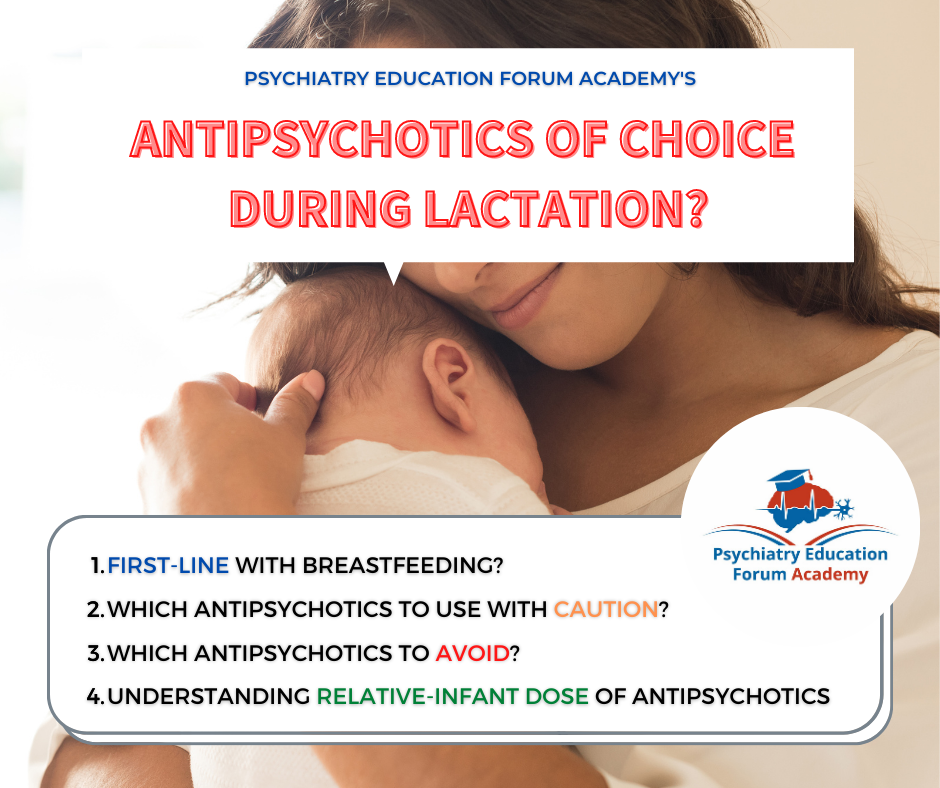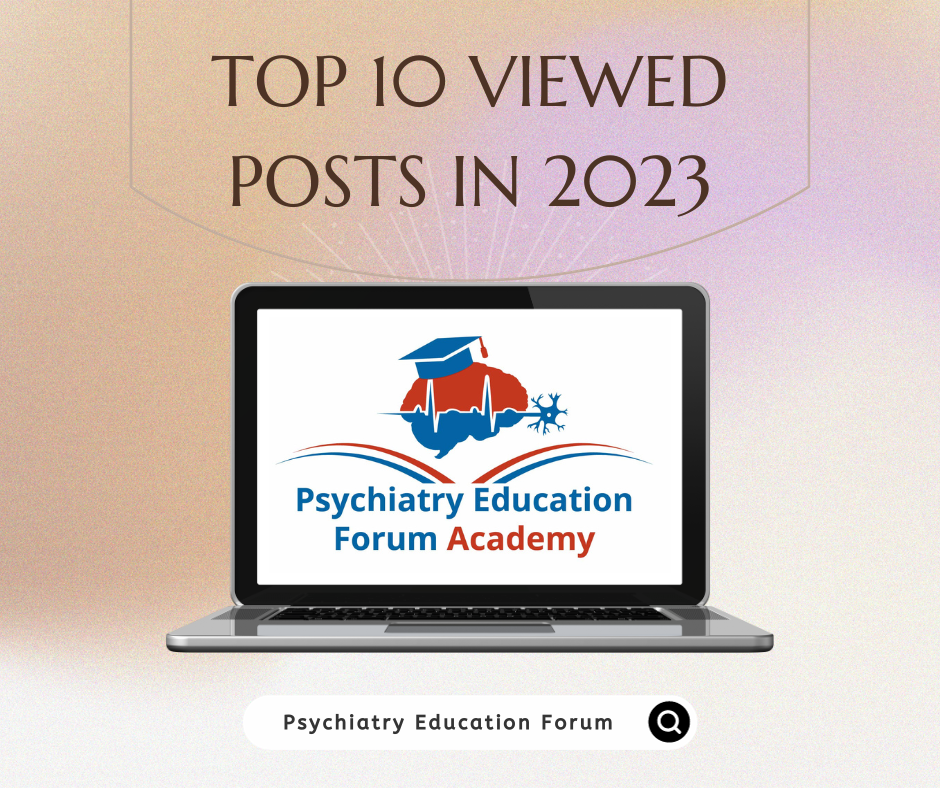First FDA Approved Medication for Agitation Associated with Alzheimer’s Dementia
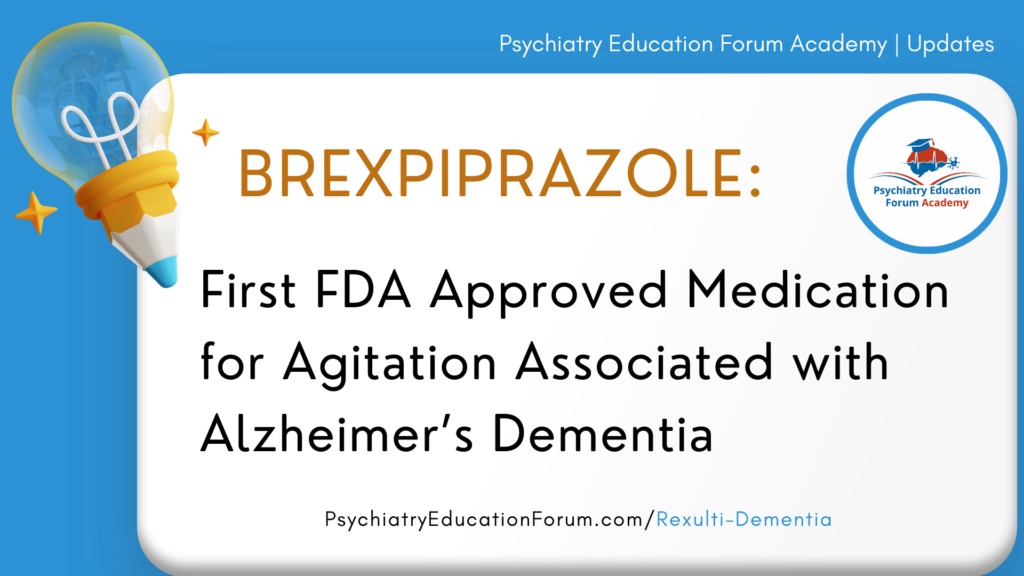

On May 11, 2023: FDA announced the approval of Brexpiprazole for the treatment of agitation associated with dementia due to Alzheimer’s disease. This is the first medication to receive FDA approval for this indication.
Brexpiprazole FDA Indications:
- Schizophrenia (in adults and pediatric patients ages 13 years and older)
- Adjunct to Antidepressants in MDD (in adults)
- Agitation associated with dementia due to Alzheimer’s disease
Note: Brexpiprazole is not approved for the treatment of patients with dementia-related psychosis without agitation associated with dementia due to Alzheimer’s disease
What was this FDA approval based on?
This decision was based on the following TWO 12-week, randomized, double-blind, placebo-controlled, fixed-dose studies.
Inclusion Criteria for both studies:
- DIAGNOSIS: probable Alzheimer’s disease according to NINCDS-ADRDA criteria,
- MMSE score: ≥5 and ≤22
- Total score for Agitation/aggression item of the NPI/NPI-NH: ≥4
- Exhibit sufficient agitation behaviors at time of entry to warrant use of pharmacotherapy, after excluding
other factors.
STUDY 1: NCT01862640
Randomization & Dosing Schedule:
- Brexpiprazole 1 mg daily: 0.25 mg once daily X 3 days –> 0.5 mg once daily X 12 days –> 1 mg once daily X rest of the 12 week study.
- Brexpiprazole 2 mg daily: 0.25 mg once daily X 3 days –> 0.5 mg once daily X 12 days –> 1 mg once daily X 2 weeks –> 2 mg once daily X rest of the 12 week study.
- Placebo
Results:
- Brexpiprazole 2 mg: showed improved total CMAI scores compared to placebo group at Week 12. (CMAI: Cohen-Mansfield Agitation Inventory)
- Brexpiprazole 1 mg: did not show meaningful separation from placebo.
STUDY 2: NCT03548584
Randomization & Dosing Schedule:
- Either 2 mg or 3 mg once a day (combined treatment arm):
- 2 mg arm: 0.5 mg once daily X 1 week –> 1 mg once daily X 1 week –> 2 mg once daily X rest of the study.
- 3 mg arm: 0.5 mg once daily X 1 week –> 1 mg once daily X 1 week –> 2 mg once daily X 2 weeks –> 3 mg once daily X rest of the study.
- Placebo
Results:
- Brexpiprazole 2 mg/3 mg: showed improved total CMAI scores compared to placebo group at Week 12.
How to Dose for this Indication?
- 0.5 mg once daily X 1 week –> 1 mg once daily X 1 week –> 2 mg once daily X 2 weeks –> 3 mg once daily.
- Recommended target dose: 2 mg once daily.
- Maximum recommended daily dosage: 3 mg once daily.
How to Adjust Dose with Hepatic & Renal Impairment?
- Moderate to Severe Hepatic Impairment: maximum dose is 2 mg once daily.
- CrCl<60 mL/minute: maximum dose is 2 mg once daily.
Most Common Adverse Events:
- Headache
- Dizziness
- Urinary tract infection
- Nasopharyngitis
- Sleep disturbances (both somnolence and insomnia)
Note: Brexpirazole will retain the Boxed Warning for medications in this class that elderly patients with dementia-related psychosis treated with antipsychotic drugs are at an increased risk of death.
References:
- FDA News Release (FDA)
- Brexpiprazole package insert (pdf)
- Study 1 (NCT01862640)
- Study 2 (NCT03548584)
WATCH FOLLOWING DISCUSSION SERIES
[FOR PEFA MEMBERS]
GERIATRIC PSYCHIATRY: NEUROCOGNITIVE DISORDERS
(A) Behavioral Symptoms Management in Dementia:
- Behavior types & clinical relevance.
- Evaluation and Differential diagnosis
(B) Non-Pharmacological Treatment Options
- Non-Pharmacological treatment options for the management of behavioral symptoms in dementia
(C) ANTIPSYCHOTICS USE FOR PSYCHOSIS/AGITATION IN DEMENTIA:
- Which antipsychotic is FDA Approved for the management of agitation associated with dementia in Alzheimer’s Disease?
- Which antipsychotics is not recommended as a first-line agent for non-emergent use in patients with dementia?
- when is haloperidol indicated or appropriate?
- which second generation antipsychotics to prescribe?
- How do antipsychotics compare with black box warning of increased mortality?
- Where does APA guidelines stand on role of quetiapine in patients with dementia?
- How long to continue this treatment for?
- How often will you monitor these patients after discontinuation of medications?
- When will you continue medications for > 4 months ?
INTERESTED IN LEARNING MORE?
JOIN PSYCHIATRY EDUCATION FORUM ACADEMY MEMBERSHIP
This is a closed membership for medical professionals only.
- 30+ Courses/Sections: Each chapter within these sections is of direct clinical relevance for your daily practice.
- Journal Club: we will post the most recently published psychiatry articles relevant to your daily clinical practice.
- Coffee Club: contain short discussions with clinical experts in the field of psychiatry.
- Clinical Case Discussions: Discussions of clinical cases from our daily clinical practice.
- Discussion Forum & Community: Connect with other medical professionals and discuss your difficult-to-treat clinical cases.
- Essentials of Inpatient Psychiatry Book: All chapters from this book are included in the academy sections.
- Goal: is to have all important clinically relevant topics in one place for ease of access.
